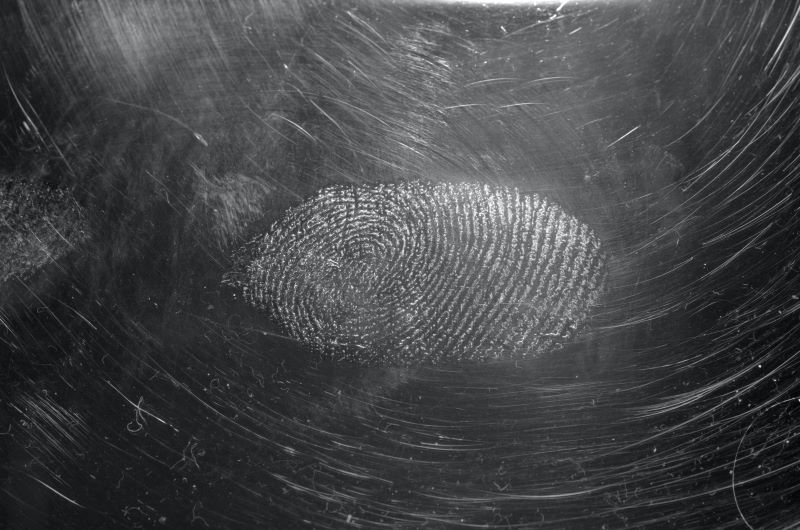Maxar Technologies of Westminster, CO announced on May 15 that it has been awarded a follow-on contract valued at $4.3 million by the U.S. Defense Advanced Research Projects Agency (DARPA) to test its Geospatial Cloud Analytics (GCA) Hub.
The GCA Hub is an unclassified environment with multi-source content that enables military users to leverage machine learning to extract insights about the planet at scale and make critical decisions for projects like predicting food shortages, political unrest and illegal, unreported and unregulated (IUU) fishing. This raises Maxar’s total award amount for the GCA Hub to $7.5 million.
Under its first GCA Hub contract awarded by DARPA in 2018, Maxar built the secure, cloud-based GCA Hub on the foundations of its Geospatial Big Data (GBDX) platform, a commercially-developed, cloud-based analytics platform. Maxar integrated 18 geospatial data sources, including its 100-petabyte high-resolution optical satellite imagery library, RADARSAT-2 synthetic aperture radar (SAR) data and SAR data curation and processing tools, automatic identification system (AIS) data, open-source and commercial data provided by the company’s growing list of content ecosystem partners. These datasets help users detect features and changes on the surface of the Earth faster and more accurately.
In addition, Maxar built new analytic tools to streamline and enhance the creation of machine learning training data sets. This builds on the company’s rich history of providing curated, open-source data sets for machine learning challenges, such as SpaceNet, xView and IARPA FMoW.
In phase two of the GCA Hub contract, 10 Technical Area 2 Expert (TA2) providers are building and training machine learning models in Maxar’s GCA Hub that seek to address use cases designated by DARPA. Maxar provides technical support as the TA2 providers work to make sense of the growing volume of geospatial data, which can be mined to reveal insights about a wide range of pressing national security concerns.
“Maxar is proud that DARPA selected its GCA Hub for the testing phase of this program, demonstrating that solutions can be made faster for the end user when government harnesses commercial innovation,” said Tony Frazier, Maxar’s executive vice president for Global Field Operations.
DARPA funded Lockheed Martin, a TA2 provider working within Maxar’s GCA Hub, to create a machine learning model that uses Maxar’s WorldView optical satellite imagery and RADARSAT-2 SAR imagery to initially identify oil fracking sites. This model aims to allow DARPA end users to monitor existing sites and detect when new ones are built.
“Maxar’s GCA Hub makes it easy for Lockheed Martin to leverage multiple high-quality data sources to build and train our oil fracking detection model,” said Girard Andres, Lockheed Martin director of Mission Systems Capabilities. “With Maxar’s GCA Hub, our data scientists are now able to extract geospatial information at scale, focus on understanding what’s happening on Earth, and interpret that information to make critical decisions with confidence.”
Lockheed Martin will be demonstrating their object detection and classification model for identifying and monitoring facilities, equipment and objects worldwide in Maxar’s GCA Hub at their booth at the GEOINT Symposium in San Antonio, Texas from June 2-5, 2019.
In addition to traditional remote sensing data sources for machine learning, Maxar’s GCA Hub also enables access to non-traditional data sets required to perform geospatial predictive analytics. Another TA2 provider, Culmen International, integrated a data set from a second Maxar product, Signature Analyst Server, which should help DARPA research methods to detect and predict foreign civil unrest.
“Maxar’s GCA Hub is a powerful, complementary tool for geospatial predictive analytics and we look forward to further testing its capabilities,” said Mark Dumas, Culmen’s chief strategy officer and VP of Technology Solutions.
Source: Maxar








